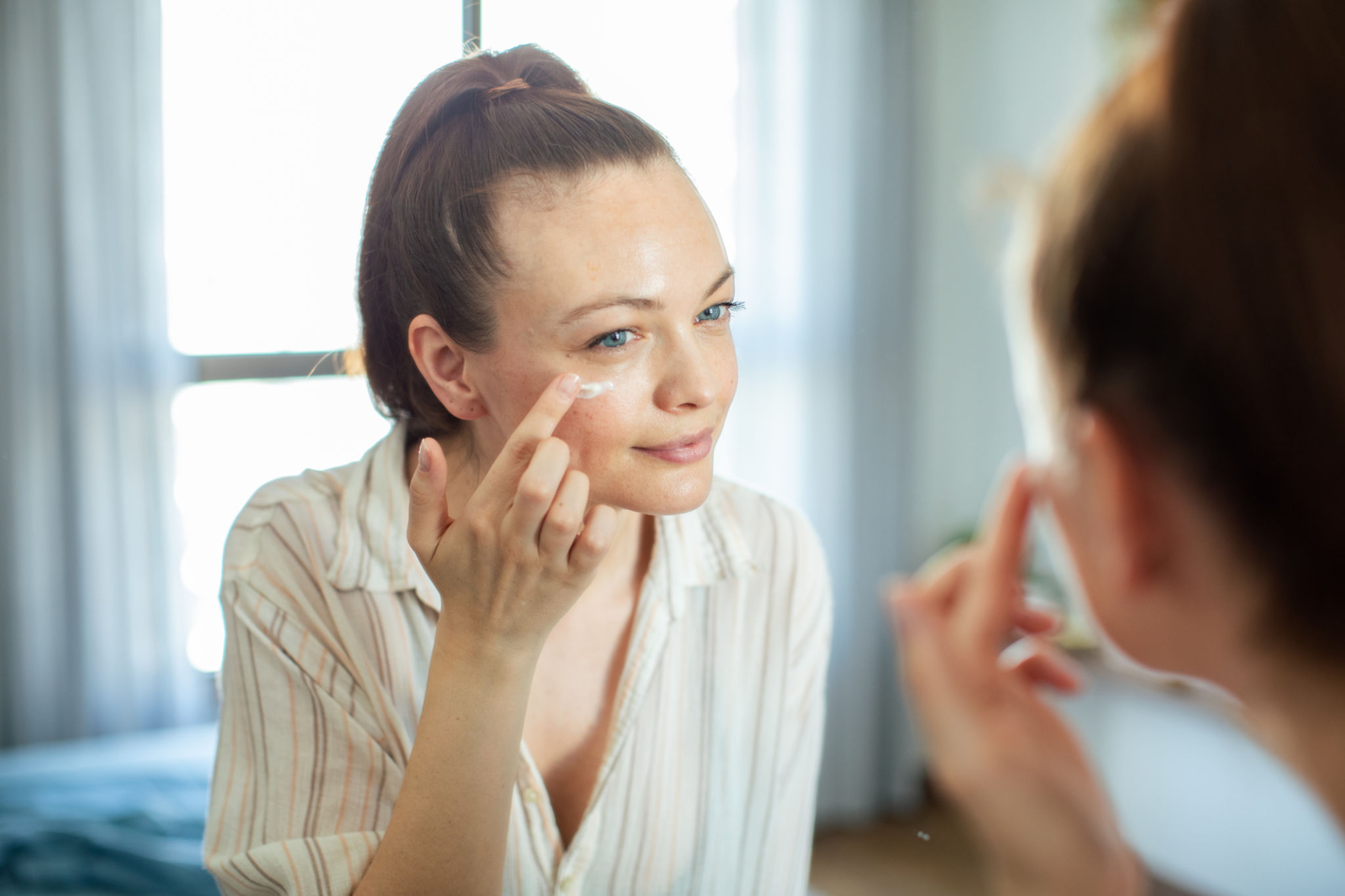Expert Advice on Maintaining Healthy Skin During the Winter Months
Understanding the Impact of Winter on Your Skin
Winter months can be harsh on the skin, leading to dryness, irritation, and other skin concerns. The cold air, low humidity, and indoor heating can strip the skin of its natural moisture, leaving it vulnerable to damage. Understanding the effects of winter weather is crucial to maintaining healthy skin during this season.
One of the main issues during winter is **dehydration**. The reduced moisture in the air directly impacts the skin's hydration levels, often resulting in dry and flaky skin. Additionally, the transition between cold outdoor temperatures and warm indoor environments can further exacerbate these effects.

Adopt a Moisturizing Routine
Keeping your skin moisturized is vital during winter. Opt for a thicker, cream-based moisturizer that can provide a barrier against the elements. Ingredients like hyaluronic acid, glycerin, and ceramides are excellent for locking in moisture and maintaining the skin's hydration.
Apply moisturizer immediately after showering or washing your face. This practice helps to seal in moisture while the skin is still damp. For those with particularly dry skin, incorporating a facial oil or serum before your moisturizer can offer additional hydration.

Protect Your Skin from the Elements
While it might be tempting to skip sunscreen during winter, UV protection remains essential. The sun’s rays can penetrate through clouds and reflect off snow, leading to potential skin damage. Choose a broad-spectrum sunscreen with at least SPF 30 and apply it to all exposed areas.
Additionally, protect your face and hands by wearing scarves and gloves when venturing outdoors. These accessories not only keep you warm but also provide a barrier against windburn and chapping.

Hydrate from Within
Maintaining the skin's hydration starts from within. Drinking plenty of water throughout the day helps keep your skin hydrated from the inside out. Herbal teas and infused water can also be excellent alternatives for those who find plain water less appealing during colder months.
Incorporate foods rich in omega-3 fatty acids, like salmon and walnuts, into your diet. These foods support skin health by reinforcing the skin’s natural barrier and maintaining its moisture balance.

Exfoliate Gently
Exfoliation is crucial for removing dead skin cells that can accumulate during winter. However, it's important to choose gentle exfoliating products to avoid irritation. Look for exfoliants containing lactic acid or fruit enzymes that provide a mild exfoliation without stripping the skin.
Limit exfoliation to once or twice a week, depending on your skin type. Over-exfoliating can lead to increased dryness and sensitivity.
Invest in a Humidifier
Indoor heating systems can significantly reduce indoor humidity levels, making the air dry and harsh on your skin. Investing in a humidifier can help add moisture back into the air, creating an environment that supports healthy skin.
Place the humidifier in your bedroom or any room where you spend a significant amount of time to maximize its benefits. This simple addition can make a noticeable difference in your skin’s condition during winter.
